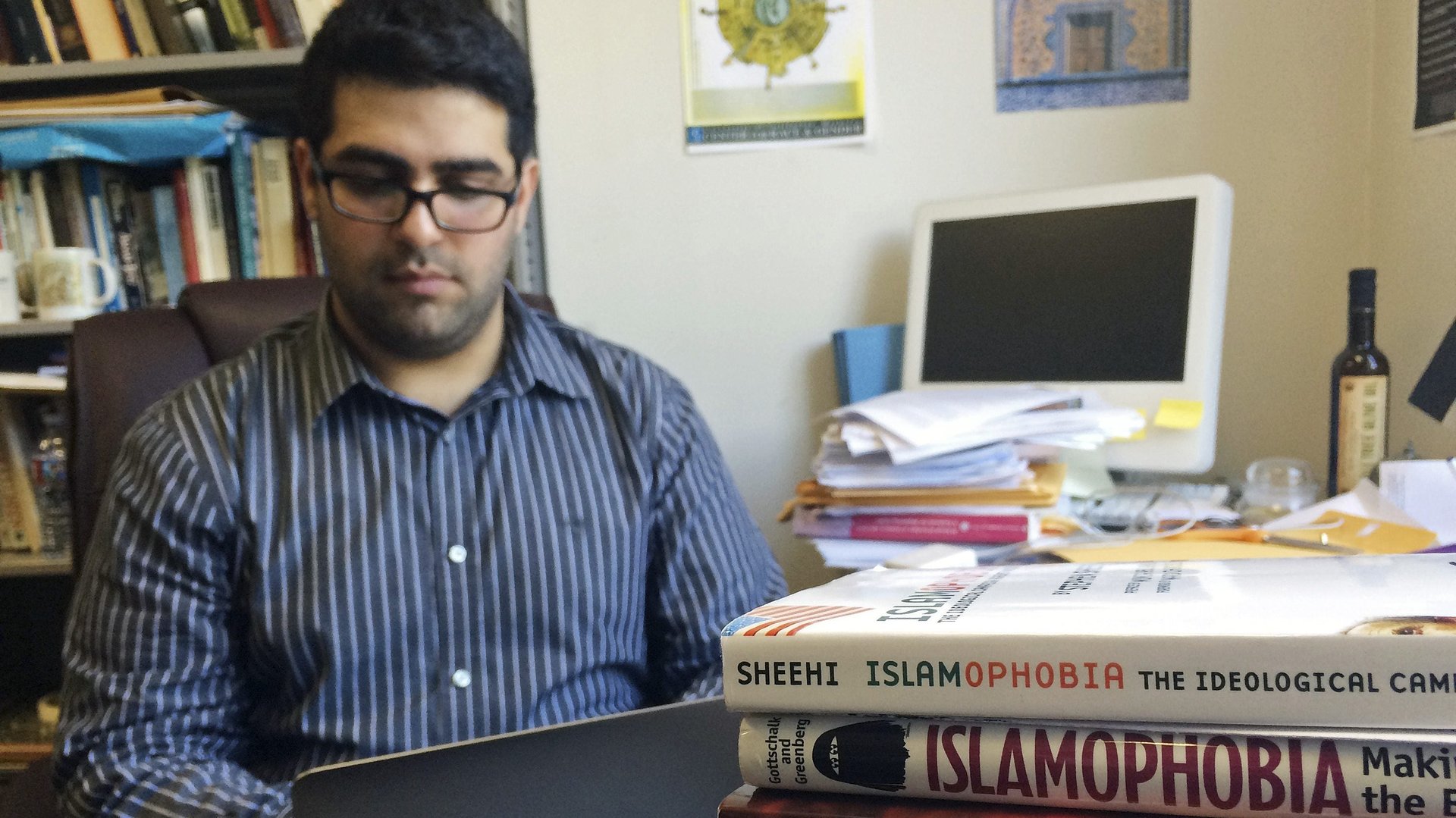Southwest has an explanation for why it kicked an Arabic-speaker off its plane
Southwest Airlines has released a statement on why it removed Khairuldeen Makhzoomi, a Iraqi asylee and student at the University of California, Berkeley, from a flight on April 6. It says the passenger who reported Makhzoomi—for making comments in Arabic that were “perceived to be threatening” during a phone conversation with his uncle in Baghdad—was also an Arabic-speaker.


Southwest Airlines has released a statement on why it removed Khairuldeen Makhzoomi, a Iraqi asylee and student at the University of California, Berkeley, from a flight on April 6. It says the passenger who reported Makhzoomi—for making comments in Arabic that were “perceived to be threatening” during a phone conversation with his uncle in Baghdad—was also an Arabic-speaker.
The nuance is important because many people on social media assumed that Makhzoomi was singled out for racist reasons, or for simply speaking Arabic. The airline says, “It was the content of the passenger’s conversation, not the language used, that prompted the report leading to our investigation.”
It is unclear, however, just how much Arabic the passenger who reported him speaks, or whether Southwest knew it, then or now. Multiple requests to the airline seeking to clarify this have yet to be returned.
Since the beginning, it’s been suggested that a linguistic misunderstanding was to blame. In the first report of the incident, Makhzoomi told the The Daily Californian that, after being taken off the plane, “[h]e learned the passenger thought she had heard the word ‘Shahid,’ meaning martyr, which is associated with jihad and has been associated with terrorists.”
But shahid—literally “witness” in Quranic Arabic—has a much wider connotation than that. Among Palestinians, for instance, anybody killed by Israeli security forces, and, in some cases even by the Palestinian security forces, is often called a shahid, whether militant or civilian or even a child. Around the world, Muslims may refer to someone who has died in natural disasters, in childbirth, of drowning, or even of stomach illness as a shahid.
News reports have also picked up (paywall) on Makhzoomi’s mention of the fact that he ended the phone call by saying he would call again when he landed ”inshallah,” or “God willing.” In Arabic, inshallah is used liberally in all sorts of settings; for some Arabic-speakers, it’s practically a grammatical marker of the future tense.